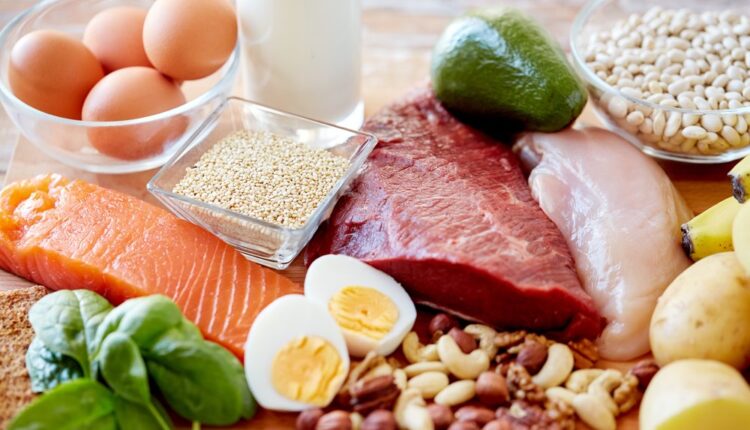The findings of Euromonitor’s report are supported in Nigeria by the availability of fruits like water melon, pineapple, apple, strawberry, oranges, limes, lemons, ginger, garlic, turmeric, and pineapple, to name a few, which are now considered luxury items in the country’s food market.
According to a recent Euromonitor International research, the coronavirus (COVID-19) has prioritized health and food safety, raising calls for increased openness in food procurement and transportation.
According to the research, this has strengthened a return to the fundamentals and accelerated trends about food provenance and conventional, well-known components that provide both utility and nutrition.
In the framework of universal wellness, it contends that returning to the fundamentals also brings important ideas to the table, such as accessibility and reasonably priced meals. It goes on to say that as disposable incomes decline due to COVID-19, this now becomes crucial.
The emphasis shifts to local sourcing
The report claims that a resurgence of interest in locally produced goods has been accelerated. The usage of regional ingredients, food produced on nearby farms, and country of origin claims have all gained popularity in recent years, primarily among older generations, it says. The epidemic has increased demand for food that is supplied locally due to its transparency, high quality, and safety, as well as its potential to boost the local economy.
Read Also: Dangote: Tinubu’s Economic Policies Breathing New Life Into Private Sector
Following the pandemic, numerous programs have emerged to promote regional food production. Among them is the Dutch program “Support your locals.” In order to assist the local economy and community, the goal is to support local food producers and promote hyperlocal and short supply chains. This program provides a platform for companies like Maaltojdboxen Groningen, which distributes organic produce, meat, and fruit to customers’ doorsteps from nearby farmers in the Groningen area.
Traditional and natural wisdom
“Health has become a top priority for consumers, and traditional ingredients that are naturally functional (like turmeric or ginger) and nutritious (like ancient grains like buckwheat and amaranth) are seeing an increase in interest,” it continues. The idea of “food as medicine” is now more important than ever because of the accelerated demand for targeted functioning as a crucial aspect of wellness and the growing emphasis on prevention rather than treatment.
The Nigerian perspective
The findings of Euromonitor’s analysis are supported in Nigeria by the availability of fruits such water melon, pineapple, apple, strawberry, oranges, limes, lemons, ginger, garlic, turmeric, and pineapple, to name a few, which are now considered luxury items in the country’s food market.
In certain instances, prices have tripled or doubled. This is because, thanks to the COVID-19 pandemic, people are now well-informed on the health advantages of these products. Additionally, these foods are being used as raw ingredients by food processing businesses to create new products. As a result, farmers have more business and make more money at the farmgate.
Customers are looking more and more for conventional methods of avoiding diseases where food is crucial. In 2020, 48% of consumers worldwide will look for natural and traditional ways to avoid sickness, while 30% will use over-the-counter medications, according to Euromonitor International’s Health and Nutrition Survey.
According to the report, manufacturers of packaged foods have used “natural” claims to target this positioning in recent years. Companies that use traditional and well-known ingredients that provide a variety of functionalities will profit from the growing demand for natural and traditional solutions in relation to preventative health.
Emphasis on inclusive nutrition and value reevaluation
“The economic recession in many countries in 2020 puts accessibility and affordable nutrition in the spotlight,” according to Euromonitor. Food is the most basic human requirement and a universal human right. Achieving adequate nutrition for all facets of the population will depend on making healthy food reasonably priced.
Prior to the epidemic, demand for private label and reasonably priced wellness brands was already increasing, and the worldwide lockdowns have just increased it. As disposable incomes decline, this demand is anticipated to persist.
The company Junlebao, which holds a 5.5% market share in China’s milk formula market, is a prime example of added-value innovation at inclusive price points. In markets that have historically catered to affluent consumers, such organic and formulas for infants with specific needs, Junlebao has introduced affordable products.

